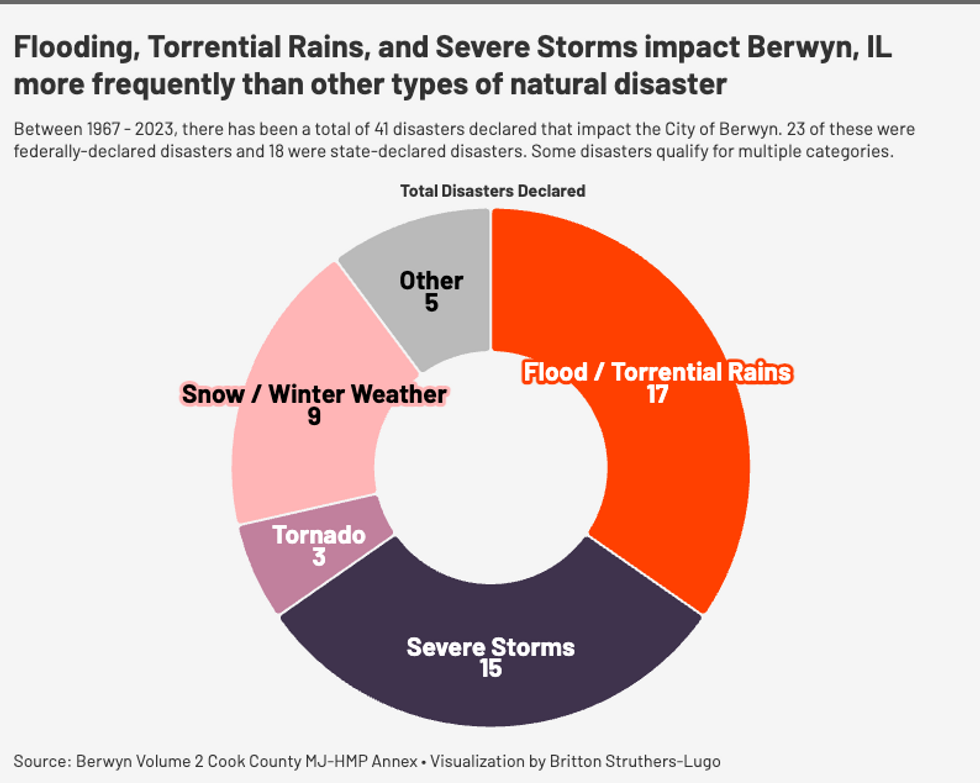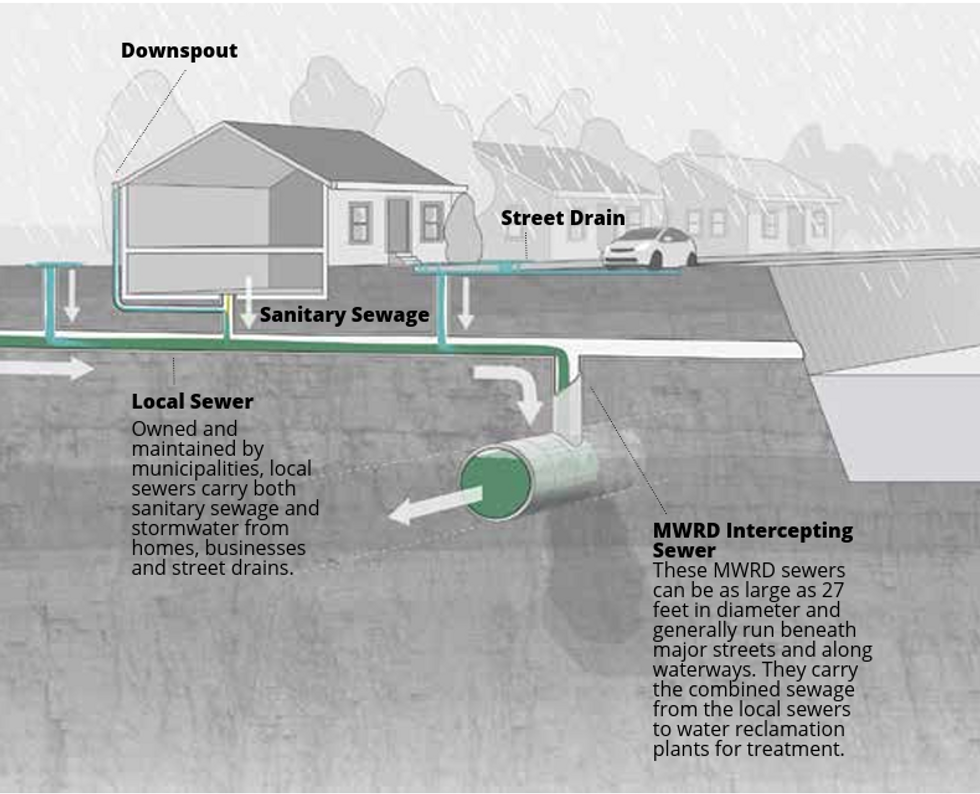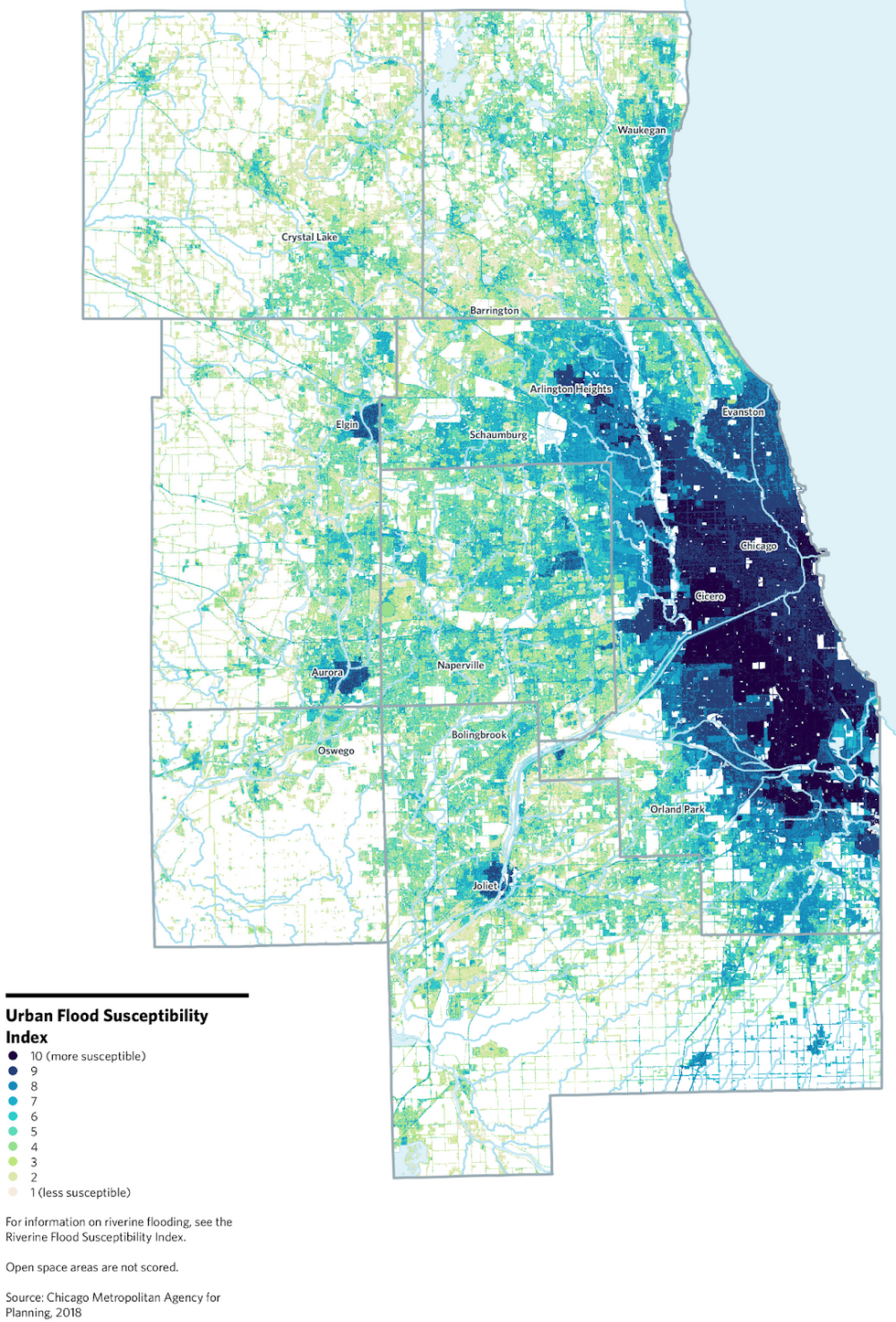Terrell is executive director and Goral is a communications fellow at RepresentWomen, a nonpartisan group advocating for policies that would result in more women holding office.
The United States is facing a growing representation crisis. While our population continues to grow, the number of elected officials representing us at the highest levels of government has not changed in more than a century. As a result, our Congress has among the most disproportionate representation ratios of any legislature in the world.
The constituency of the average representative will be 760,000 after the upcoming redrawing of House district lines, and at the current rate of population growth that number will be 1 million by 2050. These enormous numbers compound the feelings of inadequate representation that already permeate our democracy.
Fortunately there is an easy solution: expanding the House of Representatives.
From the very beginning the members of the House have been directly elected, so that they would have "an immediate dependence on, and an intimate sympathy with, the people, as James Madison said.
When the House first convened in 1789, its membership of 65 ensured a ratio of one representative for every 60,000 people. The number of seats in the House then grew steadily decade after decade, expanding with the population and the findings of the decennial census, until the Permanent Apportionment Act of 1929 capped the "People's House" at 435 members — where it had been for almost two decades, and where it remains today.
It has been more than a century since the number of seats was expanded. In 1911, there was one member for every 216,000 people in a nation of 94 million. Now, that same number of people cast votes setting policy on behalf of 331 million — leading to inadequate representation of constituents, inequalities in representation among states, and a partisan skew of what was supposed to be the body of government most responsive to the people.
Expanding the House — which we believe should be populated with several members for each of a reduced number of districts, chosen in ranked-choice elections — would have a profound impact on our democracy, solving several problems that have arisen from the current crisis of representation.
First, expansion would decrease the sway that big-money donors and political action committees have over the members. A larger House would encourage grassroots campaigning and person-to-person interactions, which cost less than current campaigns —which had expenses averaging more than $2 million last year.
This will particularly help women and people of color, who are more likely to run as challengers or for open seats, because they would have a viable chance to win while relying on small-dollar networks of donors, and fewer financial resources overall than what almost always flows to the incumbents.
Second, expansion would have an immediate impact on the diversity of Congress. Due to the incumbency advantage, individuals running as challengers have very low success rates. Unfortunately the majority of women running for the House continue to be challengers. Last year there were 192 such candidates, and only nine won. (Another 17 women won open seats, while a record 98 congresswomen were re-elected.)
Expanding the House will increase the number of open seats available to political newcomers who are more likely to be women, younger and more racially diverse. Recent projections by our organization suggest that expanding the size of the House would significantly increase the number of women on Capitol Hill.
Third, expansion combined with multimember districts would create more engaged constituencies. Because people would be able to have more direct and intimate relationships with their representatives, the nation could look forward to an increased feeling of trust in and accountability from its government.
Finally, expansion would mitigate partisanship and polarization. A larger legislature would increase opportunities for members to cross party lines and form inter-party coalitions on policies.
Despite last year's record turnout for the presidential and congressional elections, too many citizens continue to feel alienated by politics — and too many feel unheard by their elected officials. Fixing this will take commitment and leadership on the part of Congress, but it also demands institutional changes like growing the membership of the House.



















 Berwyn Volume 2 Cook County MJ-HMP Annex
Berwyn Volume 2 Cook County MJ-HMP Annex  Metropolitan Water Reclamation District
Metropolitan Water Reclamation District  Chicago Metropolitan Agency for Planning
Chicago Metropolitan Agency for Planning 